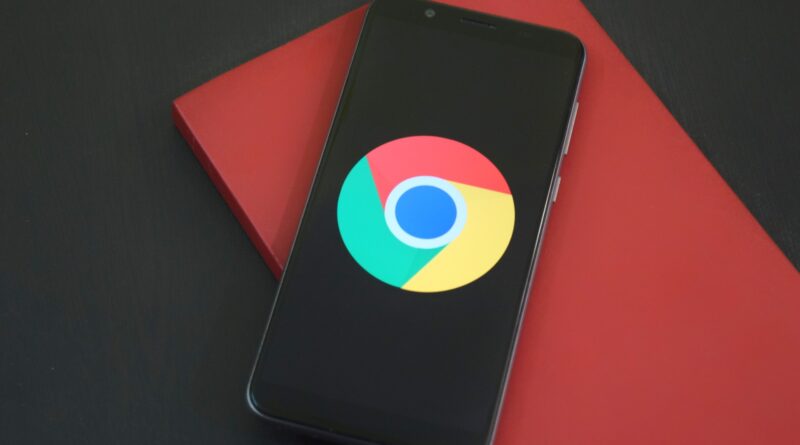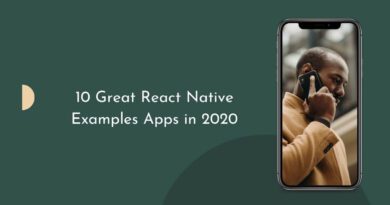The End of the Third-Party Cookie: How to be?
Online salespeople have been scratching their heads since Google announced that it would be retiring third-party cookies. Advertisers agree that if third-party cookies go away, they will lose the ability to reach out to a broader audience.
Currently, Safari and Firefox do not support third-party cookies. The death cookies experienced on these platforms did not stir issues because they command a small percentage of the browsing market – 3.73% and 7.48%, respectively.
Google commands 69.28% of the browser market share. There is a good reason for the ad sector, i.e., marketers, publishers, and advertisers, to be worried.
Table of Contents
What are third-party cookies?
Third-party cookies originate from a third party (e.g., an advertiser), not a website operator. Their role is to record a web user’s path and behavior. Ad creators can add tags to a web page to track users as they traverse various websites. As a result, online salespersons can create a user’s profile based on their search behavior and habits. The third-party cookie uses this profile to exhibit distinctive ads to the user.
Therefore, these cookies are an effective online marketing instrument thanks to their unique ability to gather essential data. If chrome keeps deleting cookies in a browser, sales ad creators won’t get these crucial insights.
Why is Google giving up cookies?

The Director of Chrome Engineering at Google, Justin Schuh,says,”the logic behind eliminating third party cookies is to boost privacy. Such privacy comes with additional features such as choice, transparency, and control over data consumption.”
Google values data security and online privacy. It has been making regular privacy changes throughout its history to keep users safe. Undoubtedly, removing 3rd party cookies was the next logical step.
The other reason could be growing Google users’ fear. According to David Temkin,“user expectations for privacy have changed.” Google’s director of product management, ads privacy, and user trust further state, “Google is moving away from the tracking tied to the created profiles.” He explains that when users hear about tracking, they feel that they are being stalked as they browse different sites. So, death cookies are experiencing is a natural part of securing online platforms.
Google intends to let the browser store people’s interests and behavior and allow targeted ads, but not 3rd parties. For instance, let Samsung show its smartphones because of the browser, not a data broker or a marketing firm that suggesting visited a similar page.
Adjusting to the New Changes
Many advertisers accused Google of shutting off the economic oxygen startups need to survive. While that is true, every online entrepreneur needs to quickly adjust to survive. The most affected businesses are those that entirely rely on 3rd party cookies to get spot customers and target them.
Embracing cookieless marketing means embracing alternative methods such as using device ID as an identifier rather than cookies. Google no longer gathers personally identifiable information (PII) graphs because it has created a more secure system, Privacy Sandbox () aka Federated Learning of Cohorts (FLoC). This is simply an advertising technology that places users into a cohort based on their habits.
Third-Party Cookies Alternatives
With the death cookies are experiencing, publishers, marketers, and advertisers need to look for alternative solutions. This will help them start their 2024 without worrying about how to reach their customers. There are several alternatives, but not of them is a clear-cut winner. Therefore, marketers can spread their risk by trying several of these options.
Here are some of the alternatives:
- First-Party Cookies: These cookies are on the websites that users visit, and they allow site owners to gather data fora better browsing experience. But marketers and publishers can use these cookies to track a user’s events on a site where they are.
- Contextual targeting: This technique requires that advertisers understand customers’ unique needs, including shopping preferences(phrases and keywords). While it may not depend on personal data, it uses advertisers’ data like browsing time and devices. This allows advertisers to position their adverts at the right place and time, increasing their relevancy. However, this technique will work well in cases of highly themed contend. Such content is appealing to users with a particular intent.
- Google’s Privacy Sandbox: This is an alternative from Google, featuring a set of APIs such as FLoC, SPARROW, FLEDGE,and Dovekey. The APIs provide data DoS, spam and fraud prevention, ad targeting, conversions, attributions, and federated logins.
- Fingerprinting: Salespeople can identify the technical characteristic of a web user by analyzing a user’s device and browser.Typically, they can look at language settings, IP address, operating system and version, and type of web browser.
- Data Pools: These are repositories that store a user’s data in large amounts. Data pools do not depend on advertisers or publishers to protect users’ privacy. Publishers and advertisers upload data from their respective sides. Advertisers then use the publisher’s data to understand the behavior of an audience and create targeted ads.
The death cookies experience should prompt marketers to reassess their campaign strategy to pinpoint areas relying on third-party cookies.Also, they should check if there are any benchmarks to track. The best SEO agency for small businesses can help businesses solve this issue.
Conclusion
Only one type of cookie is going away – the third-party cookies. While this may inconvenience many marketers, it does not entirely remove all marketing options. Online entrepreneurs can use first-party cookies to optimize highly targeted and relevant advertising campaigns.
Additionally, contextual adverts and cohorts can help collect and identify individuals by ensuring content reaches the right people. So, online sellers need to remain updated about privacy practices that may affect their businesses.
Bio: Vitalii Nedzelenko is the marketing manager of Good Zone Service & Repairs, Brooklyn iPhone repair service. He is passionate about technologies, gadgets and digital marketing.




